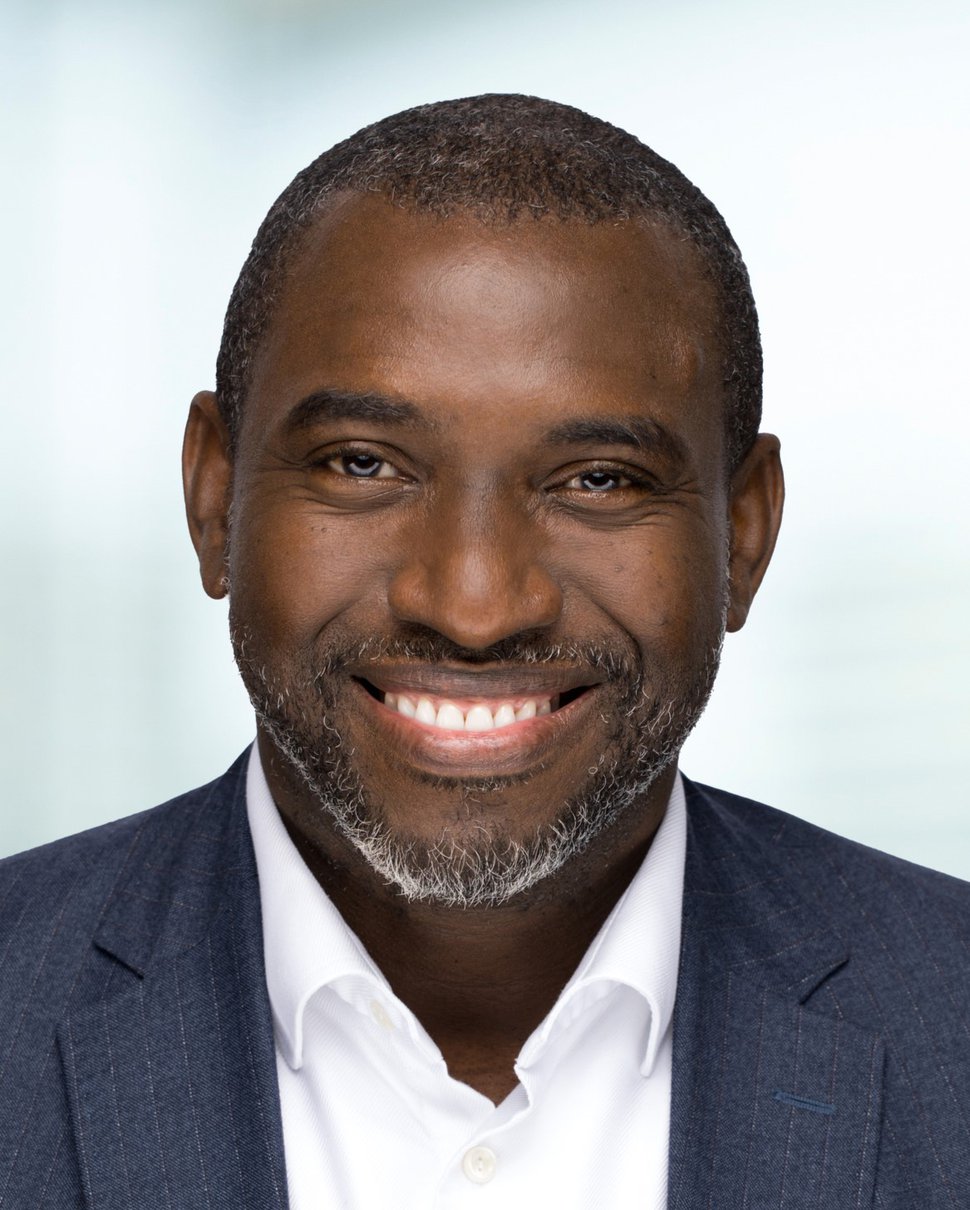Opinion
Rethinking aid: A call for genuine transformation in the development paradigm
For centuries, the greatest technological and economic leaps have not emerged from comfort, but from constraint. Adversity has historically driven the most transformative innovations, acting as a crucible for resilience, self-determination, and breakthrough solutions. The world’s most dominant economies, whether post-war Japan, Germany, South Korea, or even the United States, rose from harsh conditions by necessity, not by charity. Their innovations were born from the pressure to survive and to shape their own destinies.
Yet, in the Global South - and in Africa, in particular - this natural arc has been repeatedly disrupted. Foreign aid, especially in its more opaque and extractive forms, has too often softened the very pressures that compel innovation, distorting local incentives and substituting externally driven priorities for domestic ambition. Instead of serving as a springboard toward autonomy, aid has at times functioned as a mechanism of control, influence, and outsourced profit. The result has been the entrenchment of asymmetries under the guise of assistance.
Strikingly, amid growing conversations around aid reform, reduction, or redirection, it is not the recipients who express the greatest anxiety, but the dominant institutions and donor actors. The prevailing discourse continues to be framed through a “savior complex,” a worldview in which those in power see themselves as essential to progress, even as they perpetuate a system that sidelines local agency. The voices of affected communities have been gradually displaced, absorbed, or reinterpreted by those whose institutional survival depends on the maintenance of the current order.
Even the language of transformation has not escaped co-optation. Buzzwords like “localization,” “sovereignty,” “self-reliance,” and “institutional strengthening” are now deployed across global development strategies. Yet in too many cases, these terms are used to describe programs that offer the appearance of reform while leaving the deeper structures of dependency untouched. When the same actors who have long benefitted from imbalance lead the calls for equity without changing the underlying incentives, the result is stasis in the name of progress.
As someone who has spent years navigating this system from within, I find myself increasingly reflective. Like many others, I entered this field motivated by ideals of justice, equity, and transformation. But over time, it has become difficult to ignore the growing dissonance between these ideals and the incentives, metrics, and structures that govern much of the development enterprise. It is an internal conflict - a quiet reckoning - that many professionals face but few openly acknowledge.
And yet, I remain hopeful.
We are now at a rare inflection point. A generational window is opening, one that offers the African continent and other historically constrained regions a chance to redefine their path. The convergence of youth demographics, technological access, political awakening, and shifting global dynamics creates a foundation from which something new can emerge. But whether this moment becomes a true turning point or simply another missed opportunity will depend on leadership, clarity of purpose, and disciplined execution.
What is needed is not another rebranding of aid, but a reinvention of development, grounded in equity, mutual respect, and an unwavering commitment to shift power. The continent must no longer be seen as a perpetual site of intervention, but as a force of agency, innovation, and global contribution.
The time for narrative shifts without structural change is over.
________________________________________________________
Dr. Obinna Onyekwena is Deputy Director for Infectious Diseases Advocacy at the Bill & Melinda Gates Foundation in Seattle, and a traditional leader in Ufuma, Anambra State, Nigeria. He works at the intersection of global health, local leadership, and systems change, advocating for equitable development grounded in agency, innovation, and sustainability. He contributed this article in his personal capacity.

